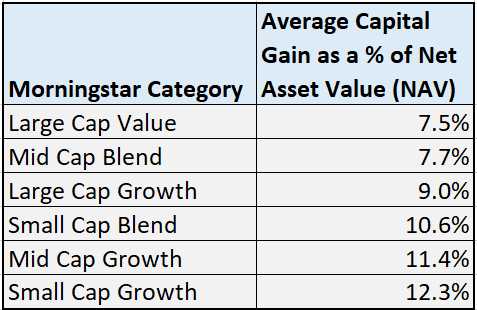Many people are interested in their ancestry and genetic testing and the popularity of DNA test kits shows this new trend. The most popular tests are AncestryDNA, National Geographic genetics and 23andme. 23andMe has over 2 million customers that have given consent to have their data used for research. Yes, the data is sold. The premise is that the data is sold for research and the buyers are institutions and nonprofits. You do have to consent to your data being used and 80% of their customers do give consent. So, what are the dangers? For a young person who may be applying for health insurance or life insurance in their future, I would advise that their data not be shared and their sample not be kept for future testing. Despite genetic privacy laws, life insurers can request genetic testing information and thus deny coverage based on your disease risk profile. Law enforcement also has the right to your data.
For people living to age 85, there is a 34% chance of having Alzheimers. Age is also a big risk factor for Parkinson’s disease. If you find you have the APOE gene, your risk of Alzheimer’s is increased. How the research can help is that the right patients could be put in specific clinical trials. Carol and her kids have been tested. I spit in the tube and sent my sample off to 23andMe to be tested for ancestry results just because I am curious even though all my maternal side came from Sweden. I have not given consent for learning my genetic risk for diseases yet. If you have an interest in this topic, email us for our links to the articles and research.
Sandy

